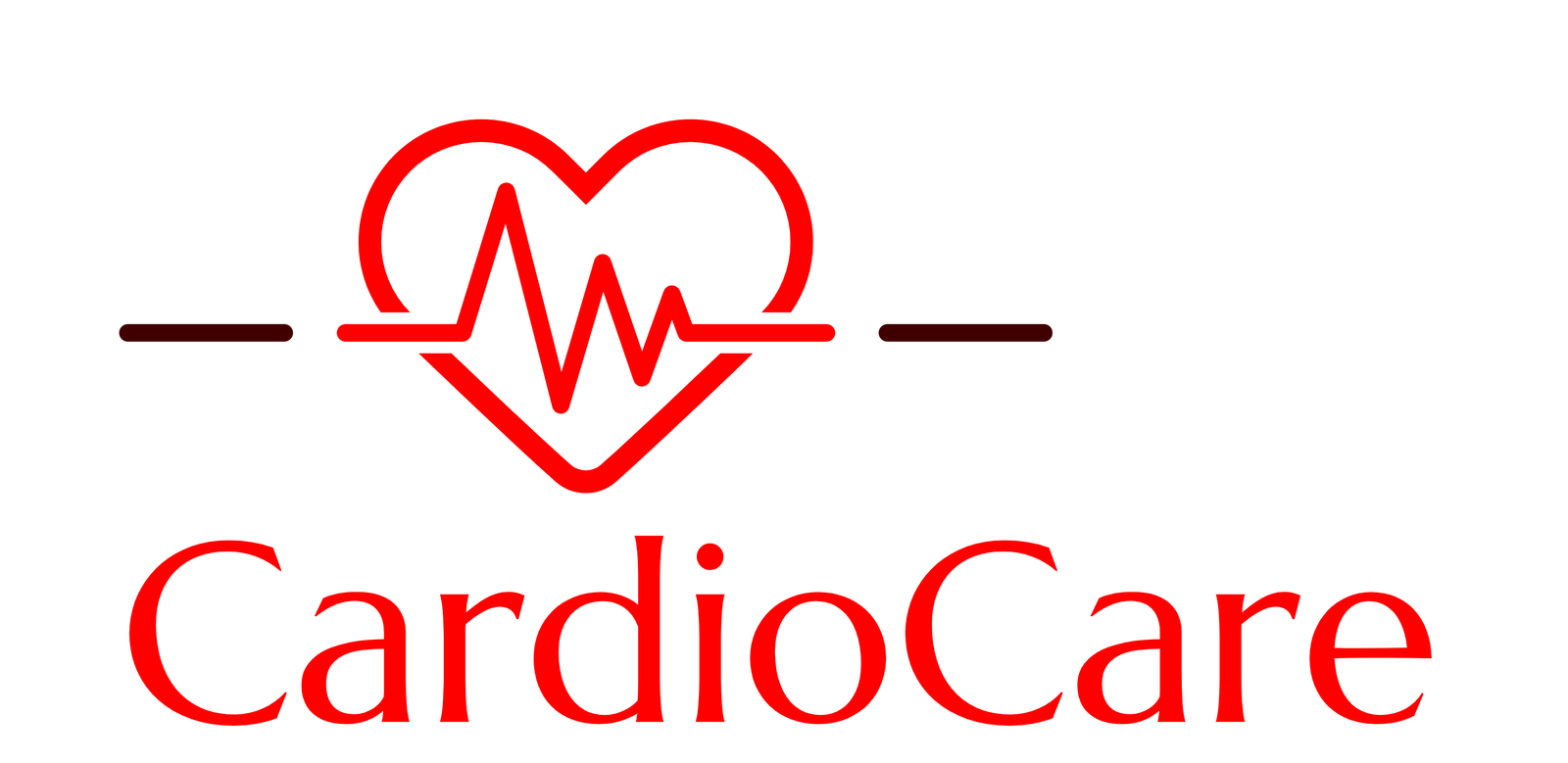Heart disease remains one of the leading causes of death worldwide, but it is also largely preventable through lifestyle changes and proactive health management. However, many people face stumbling blocks that hinder their journey towards a healthier heart. Here are five practical and effective ways to overcome these obstacles and pave the way to a robust cardiovascular system.
1. Prioritize Physical Activity
Overcoming the Time Barrier
One of the most common excuses for not exercising is a lack of time. However, prioritizing physical activity doesn’t mean spending hours at the gym. Integrate short, effective workouts into your daily routine. High-intensity interval training (HIIT) and brisk walking are excellent options that require minimal time but offer maximum benefits for heart health.
Quick Tip: Schedule exercise like any other important appointment. Even a 10-minute walk during your lunch break can make a significant difference.
2. Adopt a Heart-Healthy Diet
Conquering Cravings and Poor Eating Habits
Transitioning to a heart-healthy diet can be challenging, especially when faced with cravings for unhealthy foods. Begin by making small, sustainable changes. Incorporate more fruits, vegetables, whole grains, and lean proteins into your meals. Reduce the intake of processed foods, sugars, and saturated fats.
Quick Tip: Meal planning and prepping can help you avoid unhealthy food choices. Keep healthy snacks like nuts, fruits, and yogurt handy to curb cravings.
3. Manage Stress Effectively
Tackling Stress and Anxiety
Chronic stress is a significant risk factor for heart disease. Managing stress is crucial for maintaining heart health. Techniques such as mindfulness, meditation, and deep-breathing exercises can help alleviate stress. Engaging in hobbies, spending time with loved ones, and seeking professional help when needed are also vital strategies.
Quick Tip: Practice mindfulness for a few minutes each day. Apps like Headspace and Calm offer guided sessions that can help you get started.
Cardio technology strategy and the roadmap to implement that? The leaders are owning loream their own data, refreshing it constantly and, more importantly, using it to inform the business decisions.
Willimes Smith
4. Get Adequate Sleep
Overcoming Sleep Disruptions
Poor sleep quality and duration can negatively impact heart health. Establish a regular sleep schedule, create a restful environment, and limit screen time before bed to improve your sleep patterns. Avoid caffeine and heavy meals close to bedtime.
Quick Tip: Aim for 7-9 hours of sleep per night. If you struggle with sleep, consider consulting a healthcare provider to rule out sleep disorders.
5. Stay Informed and Proactive
Addressing Lack of Knowledge and Awareness
Awareness and education are powerful tools in the fight against heart disease. Stay informed about the latest research and guidelines on heart health. Regular check-ups and screenings are essential for early detection and management of risk factors such as high blood pressure, high cholesterol, and diabetes.
Quick Tip: Make use of reliable resources such as the American Heart Association (AHA) website for information and tips on maintaining heart health.
Conclusion: Embrace a Heart-Healthy Lifestyle
Achieving a healthy heart involves overcoming various stumbling blocks through conscious and sustained efforts. By prioritizing physical activity, adopting a heart-healthy diet, managing stress, ensuring adequate sleep, and staying informed, you can significantly reduce your risk of heart disease. Remember, small, consistent changes can lead to substantial long-term benefits for your heart.
By embracing these strategies, you can navigate past the common obstacles and embark on a journey towards a healthier heart and a healthier you.
References:
-
- “Exercise and Physical Activity: Your Everyday Guide from the National Institute on Aging,” National Institute on Aging.
-
- “Dietary Guidelines for Americans 2020-2025,” U.S. Department of Health and Human Services and U.S. Department of Agriculture.
-
- “Stress Management: Enhance Your Well-Being by Reducing Stress and Building Resilience,” Mayo Clinic.
-
- “Sleep and Heart Health,” American Heart Association.
-
- “Heart Disease and Stroke Statistics—2022 Update: A Report From the American Heart Association,” Circulation.



